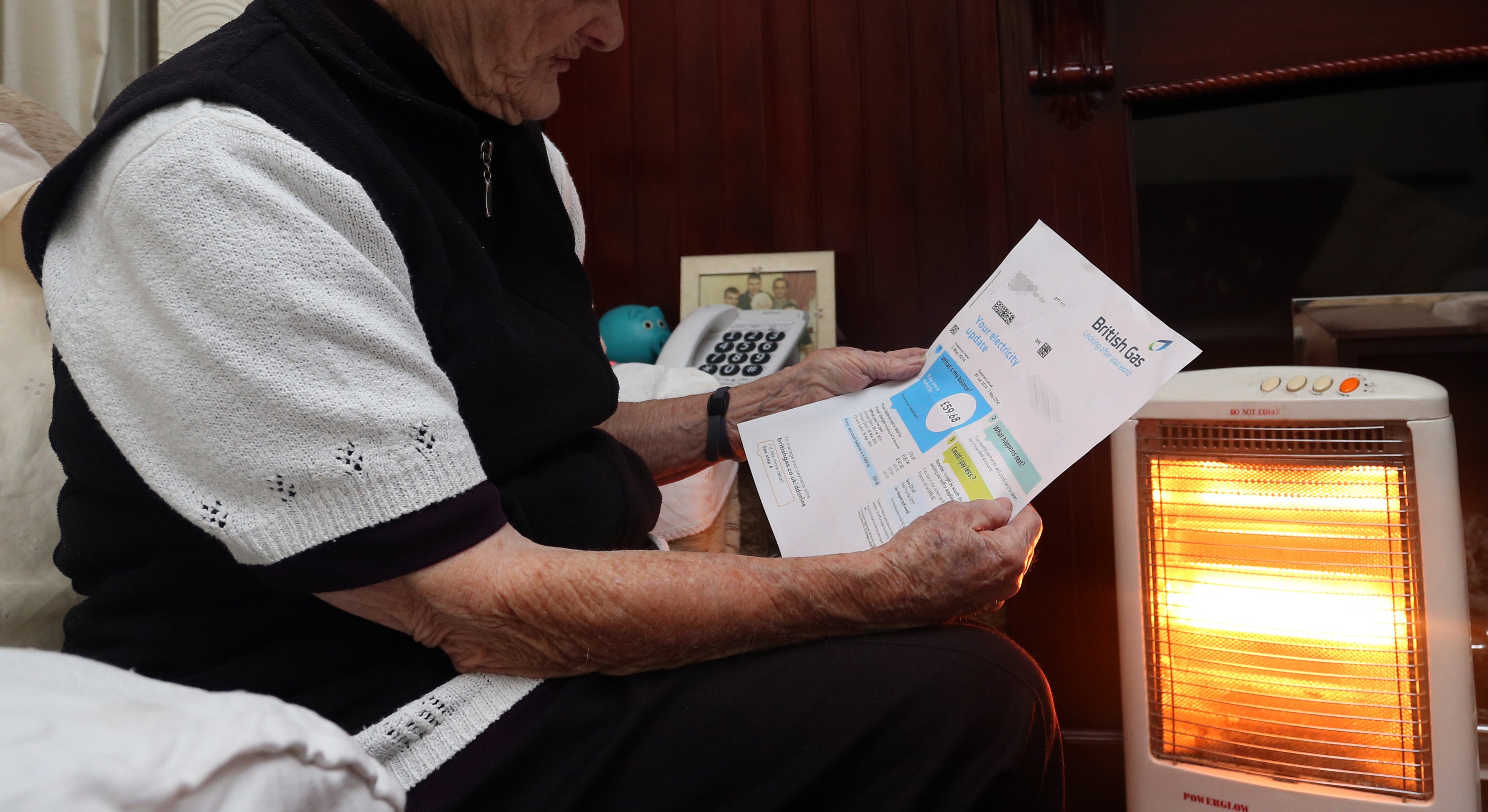Britain faces a national crisis because of soaring energy costs – but making gas cheaper is not the answer
Editorial: The understandable focus on household bills and business costs cannot distract the country from the even bigger climate crisis

According to Energy UK, a trade body, Britain faces a “national crisis” because of soaring energy costs. A combination of poor policy decisions and bad luck has conspired to make much of the domestic energy supply industry unprofitable, with wholesale energy costs now far exceeding the statutory energy price cap, which was set in easier times.
EDF, one of the biggest players, suggests that the annual cap could reach £2,000 by October next year – from £1,277 now. By its nature, because gas bills take no account of income and ability to pay, the hikes in the cost of gas and electricity generally – and no doubt fuel oil, petrol and diesel, in due course – will hit the poorest families hardest. Fuel poverty will rise.
For now, the effects of the surge in costs at the wholesale end are delayed, because the next domestic price review isn’t due to be implemented until 1 April – but when it is, households will be hammered with a rise in bills of 45 to 50 per cent.
Businesses are already being affected by the rise in energy costs, which is exacerbating problems created by Covid and Brexit: labour shortages, disrupted supply chains, depressed consumer confidence, and government restrictions.
The short-term economic outlook looks poor – like other inflated costs, the rise in the gas price will mean higher prices in the shops, lower profits and investment by companies, and staff being laid off, even if there are shortages elsewhere.
Some of the factors pushing gas bills higher should subside. The calm, gloomy weather of late, which has depressed solar and wind-generated electricity and thus increased demand for gas in substitution, should right itself by returning to the mean (and longer days will help).
Distortions in the market because of spikes in demand last year – and renewed Chinese demand for liquified natural gas – should also be self-correcting, though it will take time for normal global economic patterns to be restored.
Other factors, though, seem set to continue. As Vladimir Putin demonstrated in his bellicose press conference, and through the behaviour of the Russian energy giants, the Kremlin will carry on using its gas supplies to Europe as a weapon of diplomatic blackmail – with Ukraine central to developments.
The British are also unusually dependent on supplies of natural gas for domestic heating and for electricity generation. The government foolishly ran down the strategic national gas storage facility, which could have been used to smooth off peaks in demand and avoid the kind of crisis now at hand.
The problems, then, are easy to see; the answers rather less so. Rebuilding gas storage facilities seems one very obvious step that can be taken soon, and can only be done by the state. Equally – though this is more difficult – we must explore more efficient ways of storing renewable energy, and matching supply with demand – the obvious problem being that colder weather automatically ramps up demand, but nature isn’t always there to help out.
Nuclear power, which creates different (and toxic) problems of its own, may be the only realistic way to prevent a fresh energy crisis, but it is slow to build and, in the round, expensive. Insulation and improved energy efficiency are also part of the answer, but Britain’s ageing housing stock, designed and built in an era of cheap coal, is not ideally placed for the air- or ground-pump revolution.
To keep up to speed with all the latest opinions and comment sign up to our free weekly Voices Dispatches newsletter by clicking here
Plainly, too, the well-meaning energy price cap – introduced by Theresa May and originally a Labour manifesto proposal – is suffering from the law of unintended consequences. The one “solution” suggested by the energy industry, which consists of cuts in VAT and renewable energy levies, is the one that will merely make for worse energy crises in the future.
The understandable focus on household bills and business costs must not distract the country from the even bigger climate crisis.
Given the effects on the viability of life on earth, no less, energy costs at a global level have been too low for too long, with official fuel subsidies operating in many low-income countries. Making gas cheaper for all is not the answer.






Join our commenting forum
Join thought-provoking conversations, follow other Independent readers and see their replies
Comments